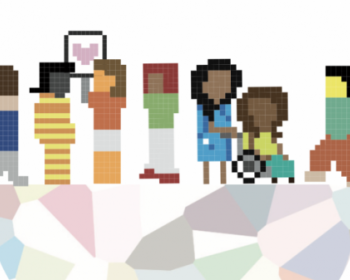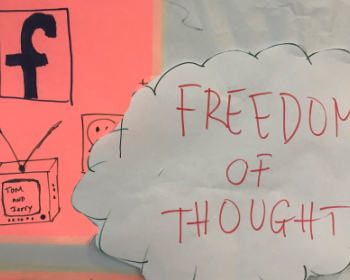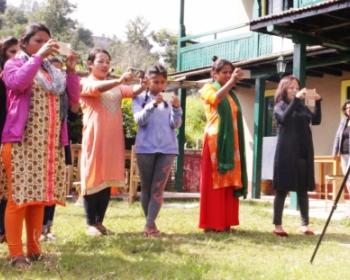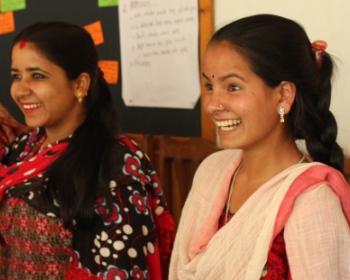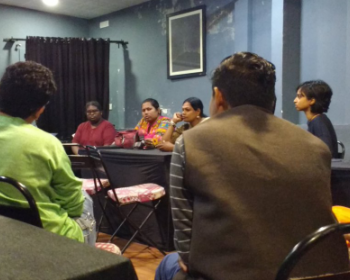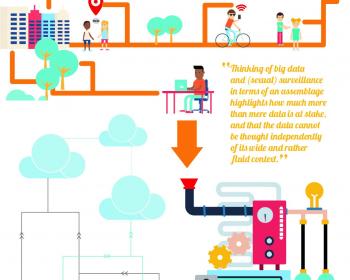AmplifyChange
To assess the scope of this impact on sexual rights advocacy the EROTICS team designed and applied a global survey to map how sexual rights activists use the internet to advance their work, and to document and provide insights on the types of risks, harassment, content regulation, or censorship they deal with, and how they respond to them.
As part of the EROTICS research, the Women's Media Collective, Sri Lanka did research on human rights of Sri Lanka lesbian, gay, bisexual, transgender, intersex and queer and on the uses of online space by lesbian women. In this interview by Shubha Kayastha, WMC talks about their process and recommendations.
This GenderIT.org edition is an exploration of the multiple layers of the relationship between sexuality, rights and sexual expression and the internet. Does it open up new avenues and forums for expression, or does it expose people to more variations of the violence, abuse and harassment that we face onground/offline? And is this even a question to ask, since it is now inevitable that we are a...
As part of the EROTICS research, Kumud Rana talked to the Executive Chair of LOOM, Jyotsna Maskay, and independent researcher, producer and trainer, Indu Nepal, to talk about two studies they conducted on the internet and sexual expression and online gender based violence which were both commissioned by LOOM.
As part of the EROTICS research, Bishakha Datta and Smita Vanniyar talk to GenderIT.org about their research on Section 67 of the Information Technology Act, 2000.
This paper highlights the gendered and racialised effects of data practices; outlines the overlapping nature of state, commercial and peer surveillance; and maps the challenges and opportunities women and queers encounter on the nexus between data, surveillance, gender and sexuality.


